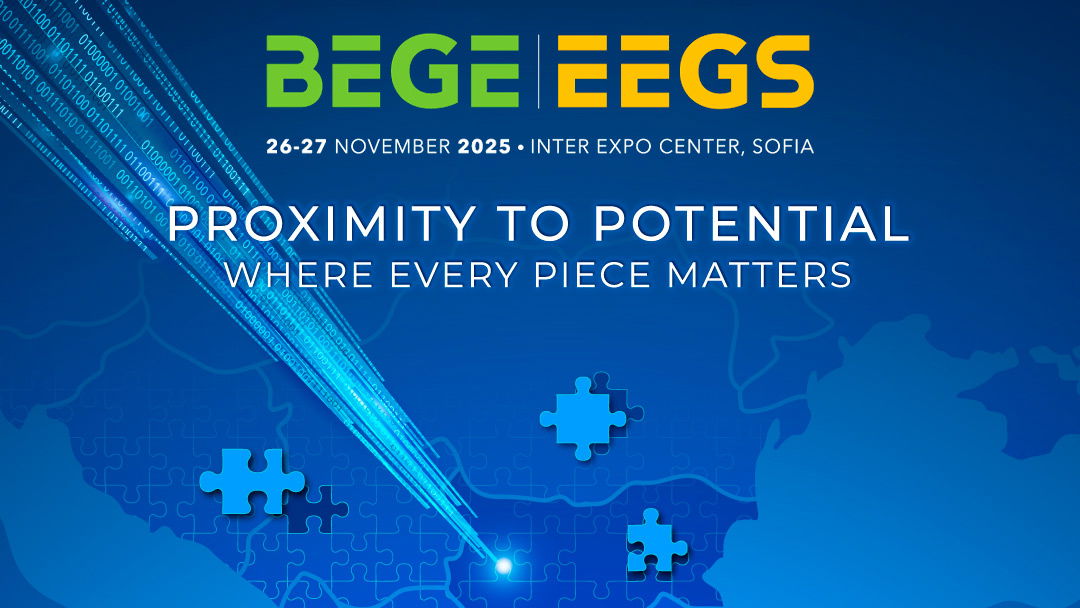EGBA welcomes Frankfurt as chosen seat of new EU Anti-Money Laundering Authority

The European Gaming and Betting Association (EGBA) has welcomed the recent confirmation of Frankfurt as the seat of the new European Anti-Money Laundering Authority (AMLA). This agreement, reached by the EU institutions, creates a European anti-money laundering authority that will operate together with the already existing national anti-money laundering (AML) authorities of the EU member states.
AMLA, which will commence operations in mid-2025 with over 400 staff members, will possess both direct and indirect supervisory powers over obligated entities, including the EU’s biggest financial institutions.
With the power to intervene in cross-border cases, AMLA is expected to provide comprehensive guidance for AML rules and their application. This includes the creation of a reporting template for Suspicious Transaction Reports (STRs), set to benefit various sectors, including gambling, by standardizing reporting formats across EU countries.
The establishment of AMLA as a new authority is "a fundamental part of the ongoing reform of the EU’s anti-money laundering framework," says the association, which is expected to be finalized and agreed upon by the EU institutions before the end of the current EU mandate in June 2024.
As the EU finalizes the new AML legislative package, EGBA has developed industry-specific guidelines on anti-money laundering to help online gambling operators comply with the AML rules in the EU, including the upcoming EU AML Regulation. The association notes that the guidelines have been developed collaboratively with its members, offer a risk-based approach, and include practical direction for operators in areas such as risk assessments, customer due diligence processes, suspicious transaction reporting, and record-keeping.
To ensure the effectiveness of the guidelines, EGBA said that its members will engage in regular discussions on their implementation and are obliged to submit annual reports to EGBA summarising their progress. To promote transparency and accountability, these regular discussions and reporting will help to identify and address potential issues or areas for improvement in the guidelines.
The association further said that other operators are invited to adopt the guidelines and participate in the reporting requirements.
Dr. Ekaterina Hartmann, Director of Legal and Regulatory Affairs, EGBA, said: “We welcome Frankfurt as the chosen seat of the new European Anti-Money Laundering Authority. Given the city’s position as the center of European finance, it is a logical choice.
"We look forward to collaborating with AMLA to ensure the representation of the gambling sector’s voice in future EU-level AML discussions and help contribute positively to the fight against money laundering."
According to Hartmann, the standardization of STRs will benefit gambling operators, particularly those who operate in many countries, given there are currently many different reporting formats across EU member states.
"By implementing our AML guidelines, operators can also already be well positioned for the EU’s incoming AML rules and play their part in raising standards across the industry," the Director of Legal and Regulatory Affairs added.
Earlier this month, EGBA unveiled its Annual Activity Report for 2023. According to the report, the association saw an 8% decrease in combined online gross gaming revenues of EGBA members to $11.49 billion (€10.7 billion) in 2022. Meanwhile, casino revenue surpassed sports betting for the first time, constituting 48% of online revenues. This shift underscores evolving consumer preferences within the online gambling market.

















































